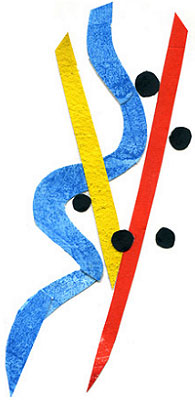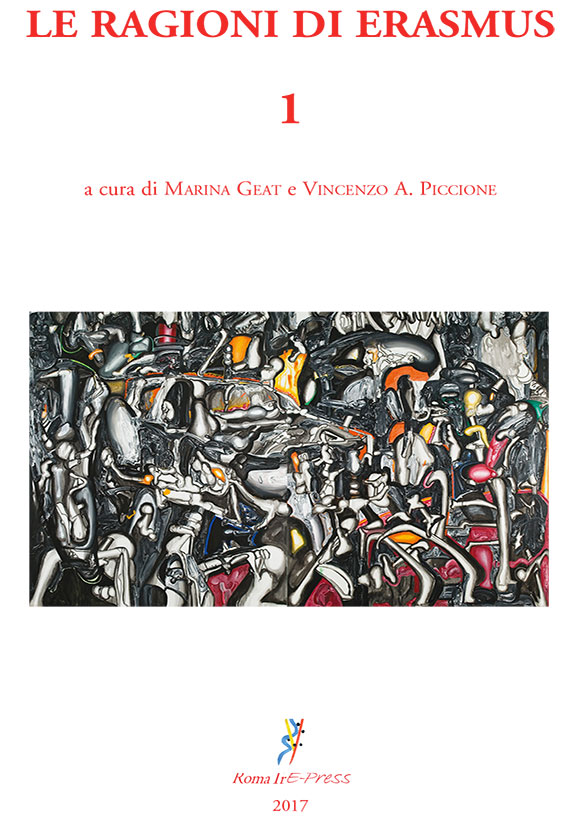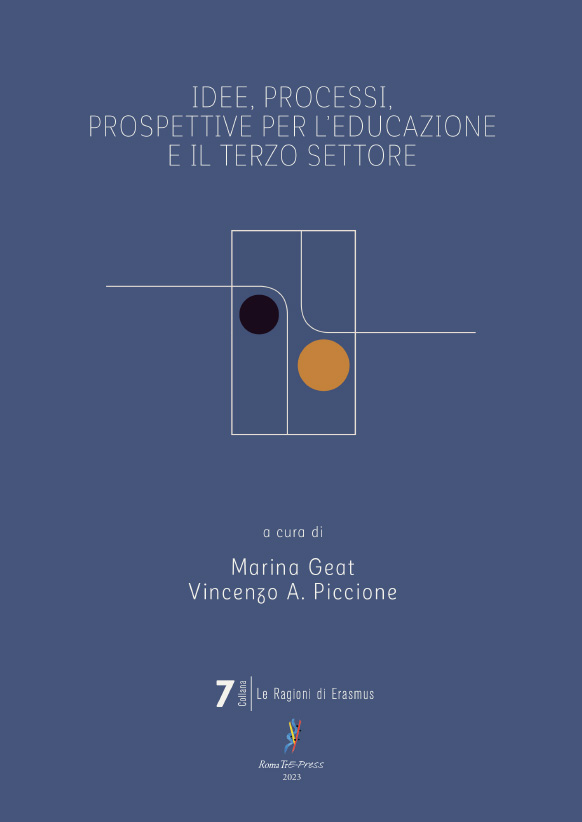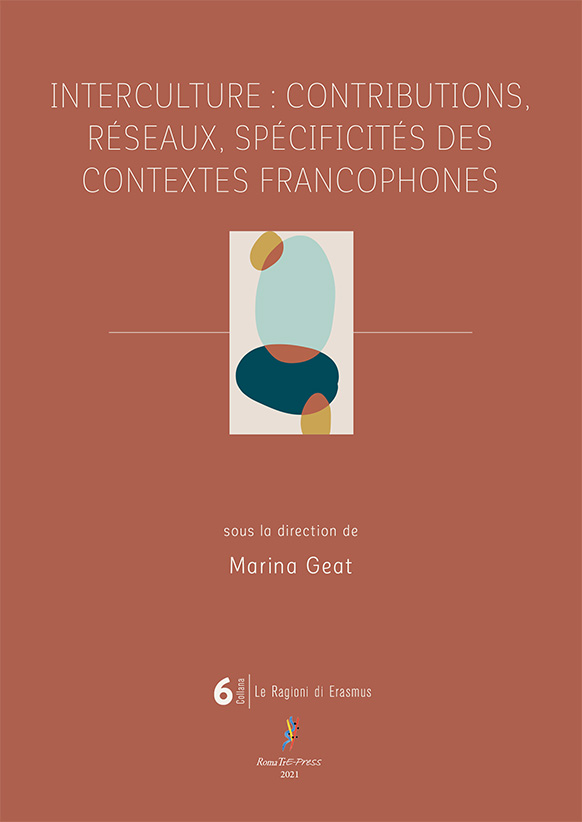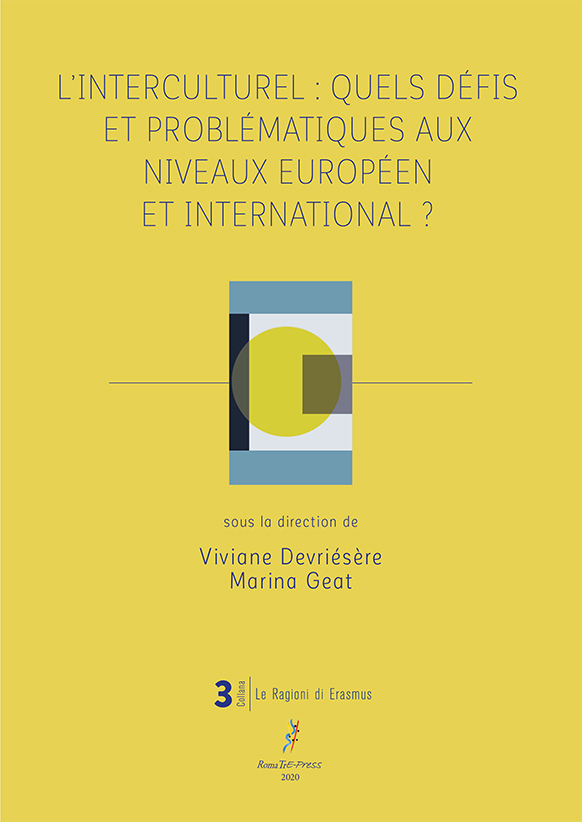Abstract
Scopo della Collana Le ragioni di Erasmus – Ricerche e intersezioni scientifiche è di contribuire ad intensificare e diffondere le azioni promosse dal Dipartimento di Scienze della Formazione nell’ambito dei programmi Erasmus ed Erasmus+. La collana Le Ragioni di Erasmus si propone in particolare:
– di mantenere costante nel tempo e nello spazio la rete dei rapporti internazionali multi-, inter-, trans-disciplinari di cui l’Ufficio Erasmus ha rappresentato negli anni uno dei nodi di sviluppo;
– di fornire a docenti, ricercatori, studenti del Dipartimento di Scienze della Formazione, spunti e contatti per allargare i propri ambiti di studio e di ricerca;
– di offrire agli studenti intenzionati a partire per un’esperienza di studio/tirocinio/ricerca in un altro Paese informazioni utili per acquisire maggiore consapevolezza di luoghi, contatti, ambiti internazionali che concernono i loro interessi formativi;
– di costruire un prezioso laboratorio di scambio, interazione, riflessione, esplorazione, ascolto di voci multi-, inter-, trans-disciplinari.
